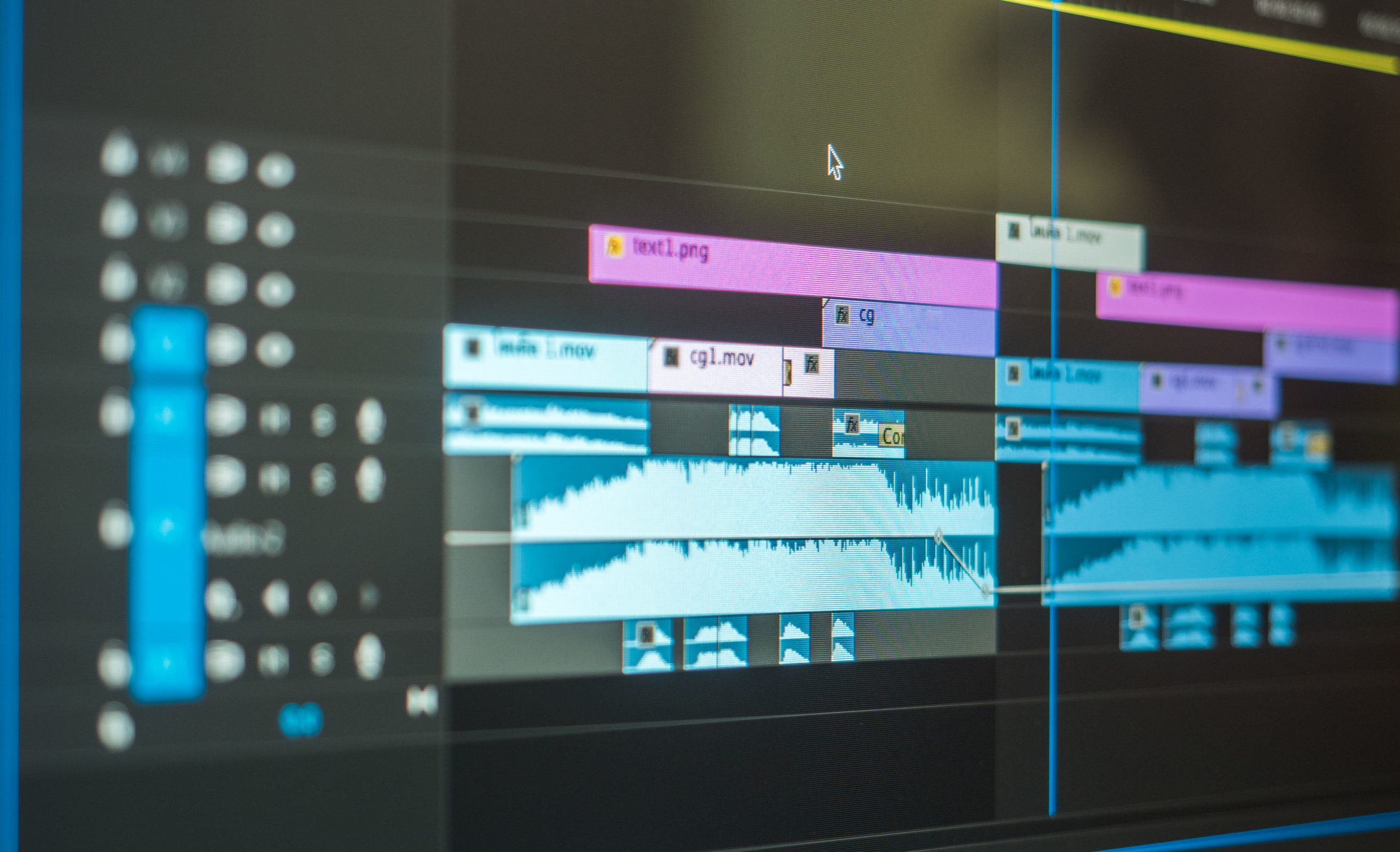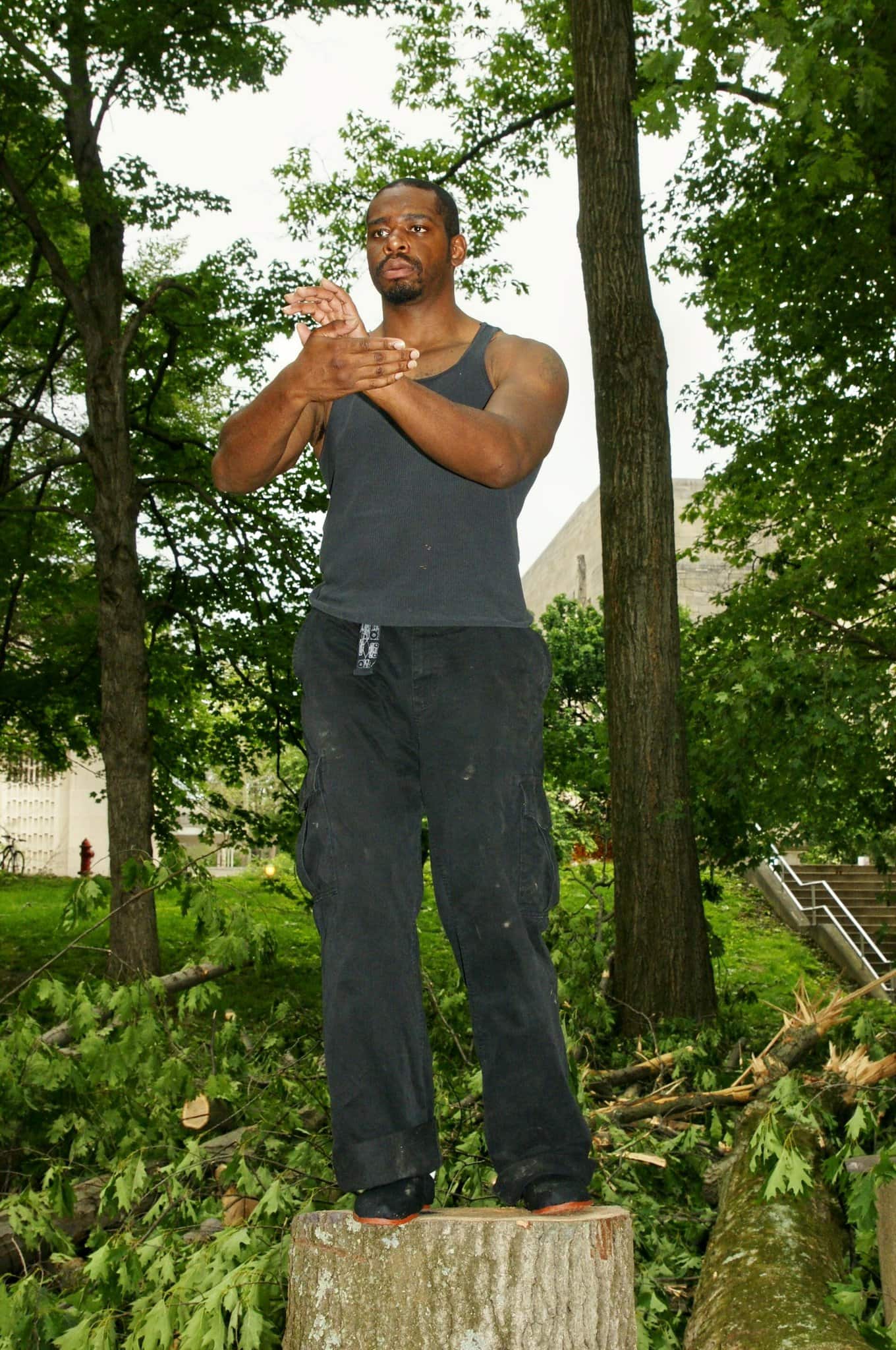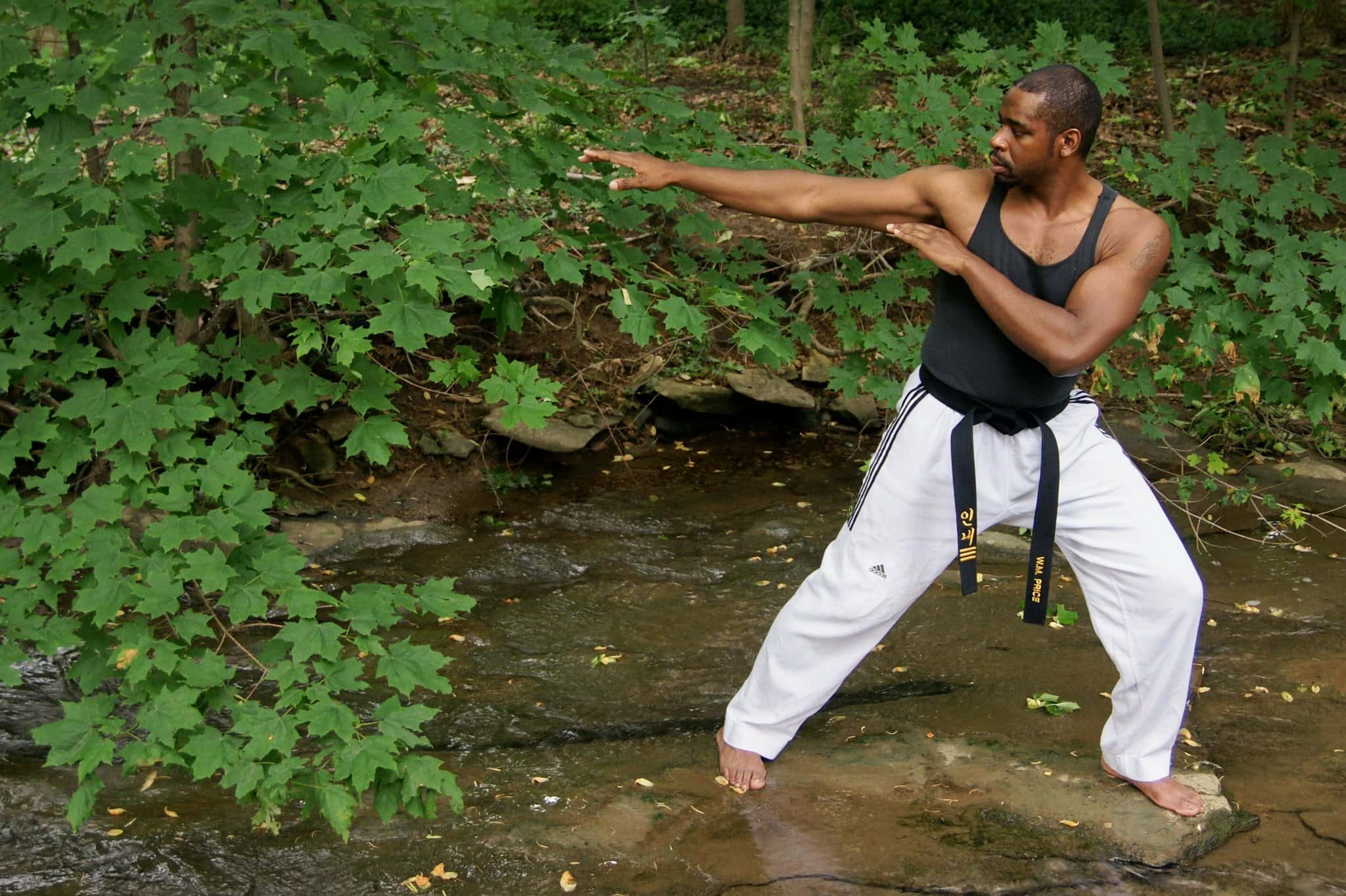With the emergence and the sudden boom of podcasters and their popularity among its listener base, more people have started to wonder whether or not radio is dead. Although many, including the generation of today’s young world and others who have been more linked with the digital world, may assume that radio is still not dead as it gives an entirely different experience compared to podcasts and is still very much alive to a whole other demographic.
Podcast VS Radio
Podcasts and radio are very different in their styles and platforms aside from the similarity of the two being audio programs. Podcasts are recorded, edited, and published onto a streaming or on-demand website to be listened to by the audience whenever they desire. On the other hand, broadcast radio is a scheduled live audio program that allows the listener to tune into the station at any time, even though some may have missed a part of the show. Because of this fact, radio broadcasters have found the need to reintroduce themselves, their guests, and the topic from time to time to ensure everyone listening has caught up.
Audiences listen to podcasts online using one of a streaming service or podcast aggregator, whereas broadcast radio is listened live from a radio station. Radio shows are almost always produced and recorded by more prominent companies, but any group, organization, or individual can record podcasts. Individuals with no experience who want to share information with or entertain their audience often opt to register and post free podcasts online to publicize on other social media platforms for their audiences to see.
Radio stations appeal to a much larger group of people as compared to podcasts which are more niche. Radio shows are planned according to the locality, city, or country’s interests and requirements. By contrast, podcasts can be listened to by anyone in any part of the world that shares the same views and interests as the podcaster.
Producing Podcasts
Starting a podcast is not as technical as people think it may be. It involves planning a genre, theme, and concept for your series as well as episode length and target audience. Themes can range between a large variety of existing options based on what interests listeners the most – religion, science, sports, movies, comedy, technology, art, environment, news, and more. Once you have planned out what you want to focus on and your brand, you need to start planning out your episodes. Next, you need to plan the format in which your podcast will be recorded – interview style, more than one host, documentary style, narrative style, solo style, or a hybrid style. Record and edit the audio pieces and ensure you have a few episodes ready to post well in advance to be prepared for any issue that may arise in the future.
Once you have a couple of shows ready, find a preferred hosting service, such as VoiceAmerica.com, to host your podcast files. We can syndicate your audio programs into an RSS feed and can then distribute it to the major podcast platform of your choice to post your content to and where your listeners will find you easily.
Outsourcing Podcast Production
Podcast production services, which include the VoiceAmerica Talk Radio Network, are often hired by businesses or organizations that want to start their podcasts to advertise the products and services they provide. These service providers can assist anyone from the beginning of the planning through the production process to the final product. They help the individual or company develop a concept for their podcast that aligns with their brand identity and personality. Before this, they do ample research to understand better the person or company they are working with to turn their message or concept into a podcast that their audience would be more interested in and inclined to listen to.
Podcast production services like VoiceAmerica can also help their hosts find guests or prominent speakers to grace their show and simultaneously boost the podcast’s listens and shares. They also help the company or organization work with deciding who should host the podcasts according to how well they capture and portray that brand’s voice. They ensure that listeners resonate not only with the speaker but with the organization or the brand as a whole. The podcast production service providers can take care of all the podcast’s technical aspects, such as editing the audio according to the requirements established by the client and taking care of the podcast distribution onto the streaming platform of their choice. They can also help edit soundbites as promotional content to be posted on the client’s social media pages for their audience to be notified about their upcoming podcasts.






